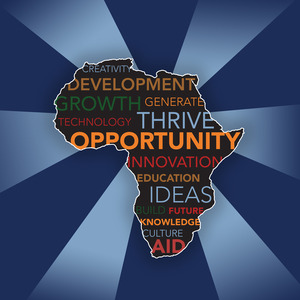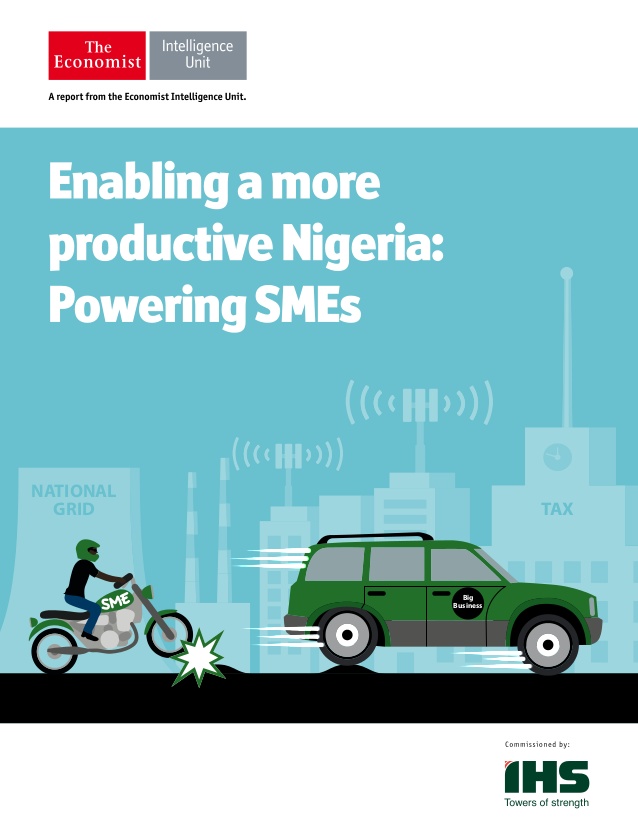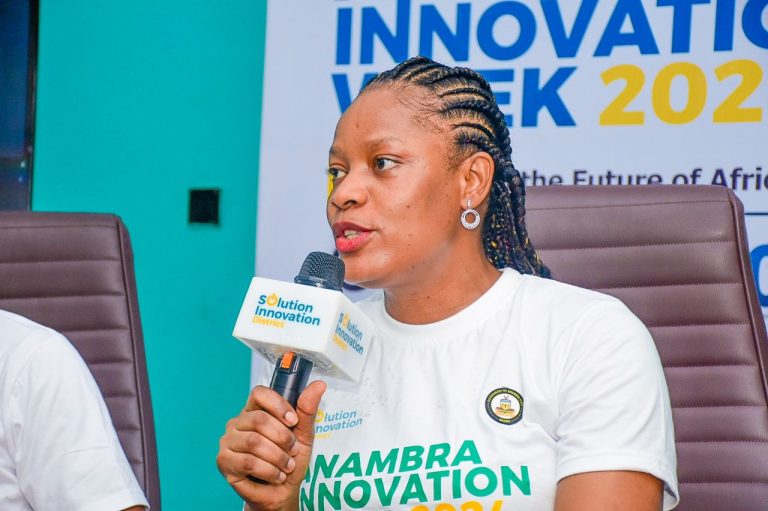Why Tech Hubs Are Developing In Africa

Going by the recent report by GSMA, 128 tech hubs have kick-started their operations across Africa since 2016.
Comparing with the recent reports of 442 active hubs just last year, this is massive progress.
This progress is unrivaled and is a great signal as to why we can look forward to further growth.

What Exactly Are Tech Hubs?
They are physical spaces, designed to encourage and aid tech start-ups. These are incubators, accelerators, co-working spaces, and several innovation centers.
In this part of the world, in Nigeria, PayStack, the massively famous payment processing company, first became relevant when it got into the Y Combinator. Farmcrowdy, BudgIT, Pass.ng, Tolet.ng, Hotels.ng are other startups that can be referenced to have gained a lot from tech hub membership.

Tech Hubs Keep Making Great Progress
3 years ago, tech hubs in Africa were 314, according to GSMA. But as at last year, that number has increased to 442. Alongside this development has been a great boost in startup funding. 2 years ago, for example, Africa startup funding hit $560 million. That is massive.
The most remarkable hub increases were noticed in African nations like Ghana, Senegal, and Ivory Coast. Ghana almost doubled their number of hubs, as it rose from 16 to 24. Furthermore, with 13 and 16 hubs respectively, Zimbabwe and Uganda had the highest expansions in Southern and East Africa.
African heavyweights, Nigeria and South Africa, who are considered home to the largest tech hubs on the continent, also developed bountifully. The total number of hubs in Nigeria expanded to 55 from 23 in 2016. While South Africa attained 59. Egypt and Kenya were not far behind with 33 and 31 hubs respectively.
How Did This Growth Happen?
Good question – considering the obvious reality that Africa’s economy is experiencing trying times presently.
However, intuition has revealed that tech hubs are developing for two major reasons.
Firstly, industry-specific hubs are becoming more enticing. Tech hubs are starting to transition from aiding every industry to a selected few. For example, BlueLab, a recently launched Nigerian hub, was established by Stanbic Bank. And its primary center of attention is the FinTech industry.
Global Edtech Startup Awards (GES), by way of illustration, is an education startup accelerator, while the GSMA accelerator programme is aimed at startups that offer mobile services. These are just a few instances of the industry-specific style stimulating a boost in tech hubs.
Secondly, report states that tech hubs are popping up in locations other than a country’s capital. In Nigeria, for example, Lagos is definitely the most famous city for hubs and Abuja is our capital. With 31 hubs, Lagos can also boast being the highest in Africa. But it does not end there, Hubs have been seen in several cities in the country like Ibadan, Kaduna and Enugu as well.







